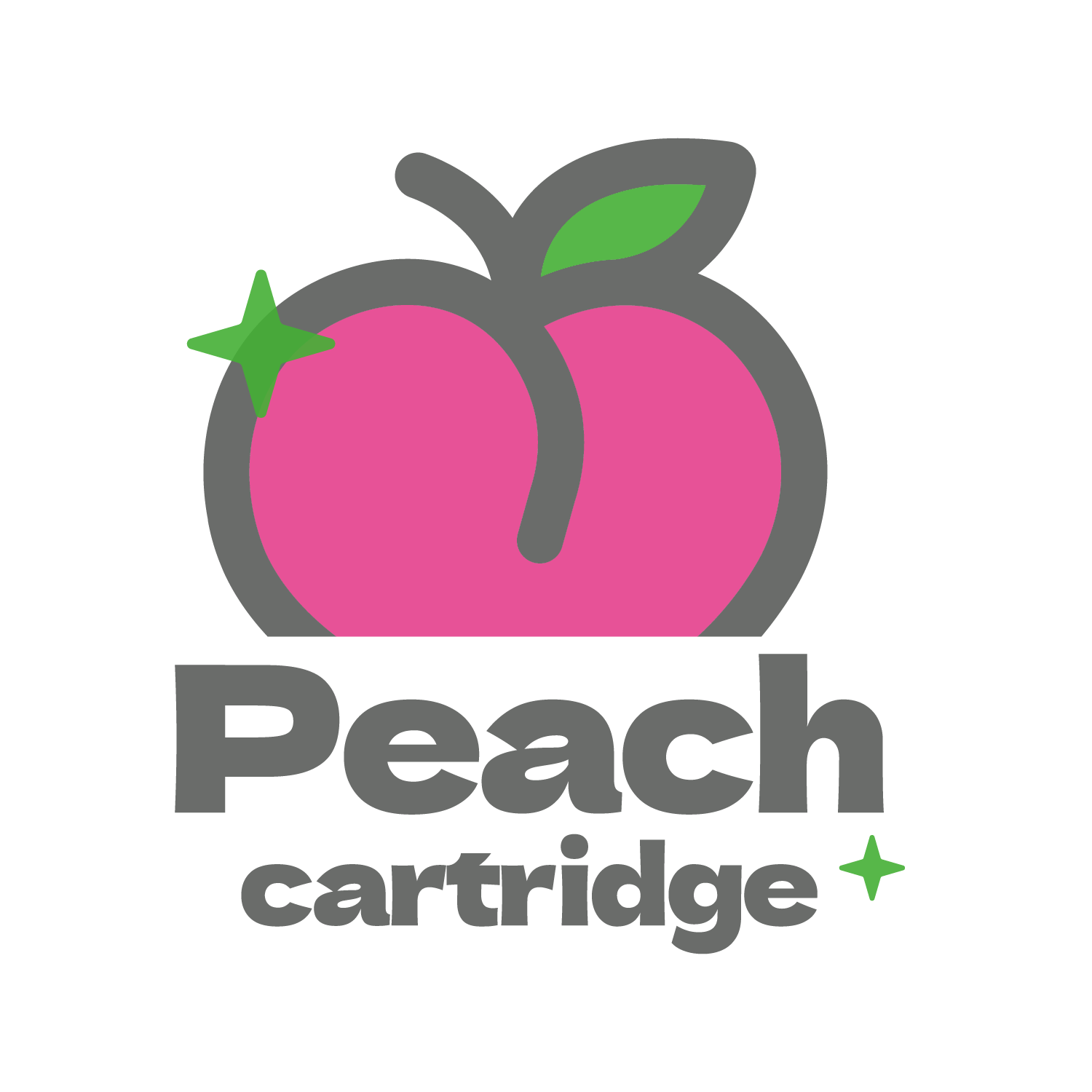Choosing the right tattoo machine is crucial for artists, whether they’re beginners or professionals. It greatly affects tattoo accuracy, quality, artist comfort, and effectiveness. With advancements in tattoo machines, there are now various models for different styles and techniques.
A: Choosing the Right Tattoo Machine: Key Features and Considerations
When choosing a tattoo machine, consider its type (coil or rotary), weight, balance, motor quality, and customization options. Beginner-friendly machines are user-friendly and versatile, allowing new artists to practice without complications. Research, familiarization, and evaluation based on personal needs are crucial in finding the perfect machine for tattooing.

II: Key Takeaways
- Good tattoo machines enhance the artist’s precision and comfort.
- Key features of tattoo machines influence their performance and suitability for an artist.
- Beginner-friendly options are designed for easy use and skill development.
III: Types of Good Tattoo Machines
Good tattoo machines are an essential tool for any tattoo artist, often making the difference between a decent work and a great one. The machines highlighted here represent the most reliable options available in the market.
A:Coil Tattoo Machines
Coil tattoo machines are revered for their precision and are commonly used in the tattoo industry. They operate using an electromagnetic circuit, which moves the needle up and down to penetrate the skin. With options like the Dragonhawk Complete Tattoo Kit that features durable and finely tuned coil machines, they are excellent for intricate work and shading.
B:Rotary Tattoo Machines
Rotary tattoo machines use an electric motor to move the needle. Their design allows for a smoother and quieter operation, making them comfortable for both the artist and the client. Machines such as the Dragonhawk Mast Pen have grown popular due to their ergonomic pen-like design and versatility in lining and shading.
C:Pneumatic Tattoo Machines
Pneumatic tattoo machines are the least common, yet stand out for their use of compressed air to operate the needle. They are lightweight and autoclavable, which makes them easy to clean and maintain. Although less prevalent, their innovative design ensures a place in the landscape of tattooing technology.
IV: Key Features to Consider
When choosing a tattoo machine, certain features stand out as essential for performance and durability. It is critical for a professional to assess these characteristics to ensure a high-quality tool that meets various tattooing needs.
A:Machine Quality and Materials
Tattoo machines crafted from premium materials are a testament to their performance and longevity. The Dragonhawk Mast Pen, for instance, exemplifies superior design with its sleek frame and reliable functioning. A well-built tattoo machine should feel solid and balance well in the hand, with its components resistant to wear and corrosion.
B:Ergonomics and Comfort
A tattoo machine must be comfortable to hold, as artists spend long hours working with it. Features like a lightweight design and a grip that mimics the feel of an actual pen, such as found in pen-style tattoo machines, help prevent hand fatigue and support extended tattooing sessions.
C:Voltage and Speed Adjustments
The ability to fine-tune voltage and speed is crucial for various tattooing techniques. A machine that allows detailed voltage adjustments, like the Bronc Pen with its high-quality Swiss motor, empowers tattoo artists to execute precise lines and shades with varying depths and densities.
D:Maintenance and Durability
Lastly, the ease of maintenance and inherent durability are vital for the longevity of the machine. A tattoo machine should be easy to clean and maintain, with sturdy construction that can withstand the rigors of daily use. Options that combine high-quality components and no noise technology ensure smooth operation over the years.
V:Top Picks for Beginner-Friendly Tattoo Machines
Selecting the right tattoo machine is crucial for beginners as it impacts skill development, comfort, and technique facilitation. The market offers a variety of machines suitable for those starting in the tattoo industry, with specifics like ease of handling, versatility in shading and lining, and durability being prime considerations.
B:Best Rotary Tattoo Machine for Beginners
The rotary tattoo machine is distinguished for its quiet operation and versatility, functioning efficiently for both lining and shading. A top contender for beginners is the CNC Q2. It stands out because of its user-friendly design and moderate price point, making it accessible for those new to tattooing. The CNC Q2 is appreciated for its ease of use, offering a seamless starting experience for novice tattoo artists.
C:Best Tattoo Guns for Beginners
For tattoo gun beginners, the Pirate Face Tattoo Grinder Kit is a top choice. It provides a wide range of tools and high quality, making it highly recommended. This kit includes multiple beginner-friendly tattoo guns and a complete set of accessories, offering great value without sacrificing performance and reliability.
Frequently Asked Questions
The best tattoo machine for an individual depends on their skill level and intended use. For beginners, options like the Dragonhawk Mast Tour Pen are often recommended for their ease of use and reliability.
Many professional tattoo artists gravitate towards high-quality rotary machines or coil machines, with brands like Inkjecta Flite Nano and FK Irons being popular due to their precision and versatility.
Prices for tattoo machines can vary widely, ranging from around $50 for basic models to over $1,000 for advanced equipment. New artists may start with something more affordable but should be prepared to invest in higher-quality gear as they develop their skills.
Yes, a high-quality tattoo machine can significantly impact the ease of tattooing, the healing process, and the final appearance of the tattoo. Better machines offer more stability, control, and less trauma to the skin.
When purchasing a tattoo machine, one should balance cost with value by considering the machine’s longevity, ability to perform consistently, and whether it can accommodate different styles of tattooing, such as lining or shading.
Absolutely, the choice of a tattoo machine can affect an artist’s work quality and efficiency. A well-chosen machine leads to smoother lines, more consistent shading, and overall better results, which also can help an artist work more quickly and comfortably.






